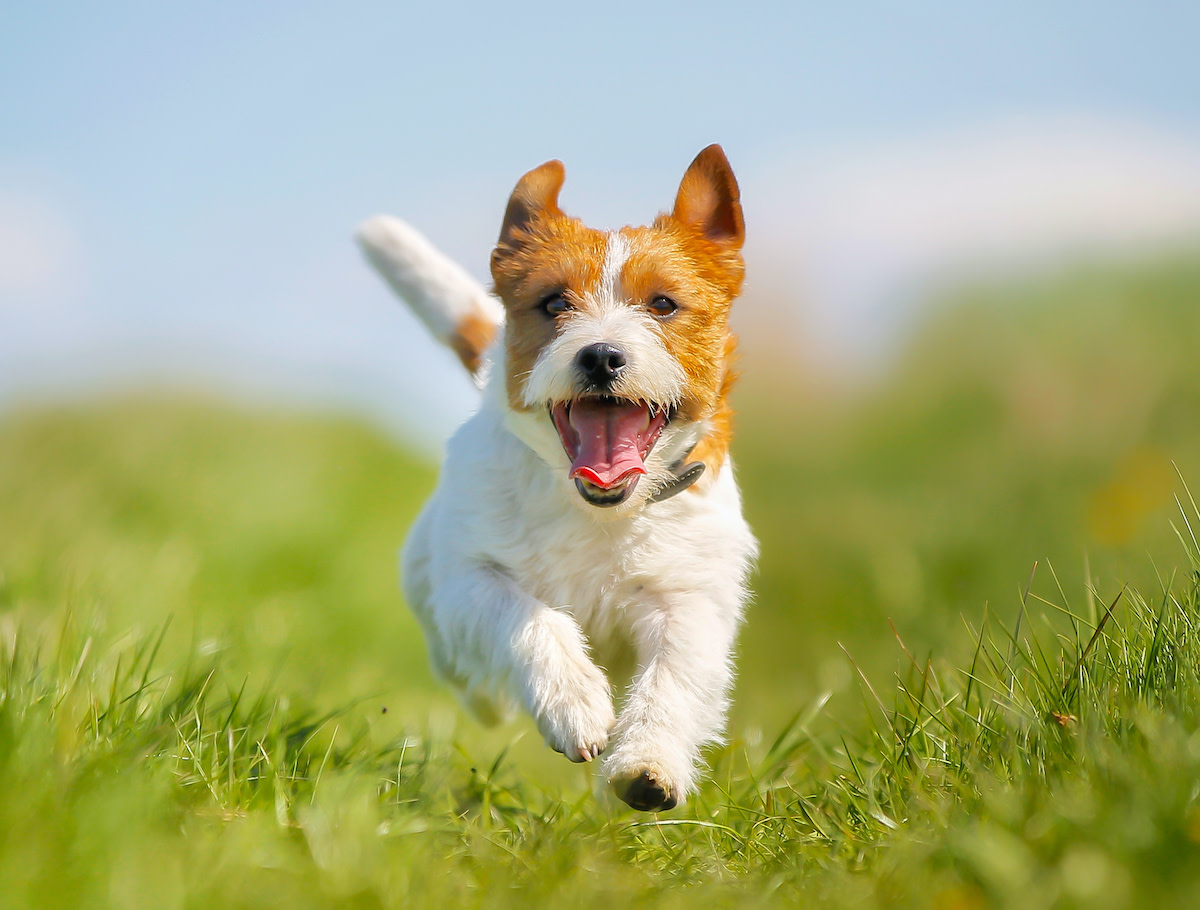Can Dogs Eat Sunflower Seeds?
Written by MasterClass
Last updated: Mar 22, 2022 • 2 min read
Sunflower seeds are rich in antioxidants, healthy fats, and more, making them a healthy snack for your dog. There are some considerations and precautions for feeding your dog sunflower seeds. Learn how to safely feed your dog sunflower seeds.
Learn From the Best
Can Dogs Eat Sunflower Seeds?
It is safe for dogs to eat the kernels of unsalted sunflower seeds in moderation. It is essential to peel sunflower seeds before feeding them to your furry friend because the outer shells can cause throat or intestinal blockage, especially in small dogs.
The oils in sunflower seeds can be harmful to the pancreas, especially in smaller dogs, when consumed in excess. If a dog eats a large number of sunflower seeds one sitting, they may experience an upset stomach or vomiting. Excess salt can raise your dog’s cholesterol levels and risk of heart disease and can also lead to sodium toxicosis, repeated urination, and extreme thirst—so it is best to feed your dog unsalted seeds.
Benefits of Feeding Your Dog Sunflower Seeds
Sunflower seeds are a good source of fiber, protein, and healthy fatty acids for your dog’s diet. The seeds are also rich in vitamins and minerals, including vitamin B1, B6, B3, and vitamin E, manganese, folate, selenium, magnesium, and phosphorus. These can help with your dog’s skin, leading to a healthy coat. Sunflower seeds also contain tryptophan, an amino acid that can promote brain activity, assisting cognitive wellness.
How to Feed Sunflower Seeds to Your Dog
Pet owners should stick to dog food as the primary source of nutrition, but there are some health benefits to sunflower seeds that make them an acceptable treat. Follow these tips to feed sunflower seeds as a special dog treat:
- 1. Buy unsalted seeds. You can feed your dog unsalted sunflower seeds in small quantities. Avoid salted sunflower seeds—excess salt can lead to high blood pressure and other adverse side effects on your dog’s health.
- 2. Stay clear of seasonings. Onion, honey mustard, and other artificial flavors can be toxic for dogs and upset your dog’s digestive system. It is best to stick with plain, unsalted seeds. (The same goes for pumpkin seeds, which are high in calcium—when unsalted and unseasoned, these are good to give to your dog.)
- 3. Remove the sunflower seed shells. Dog owners should only feed sunflower kernels to their pets. The outer seed shells can be a choking hazard.
- 4. Feed only a small amount. Give your dog no more than a dozen sunflower seeds, and space them out over a few minutes so your dog can savor, not devour them.
- 5. Monitor any reactions. Plain sunflower seeds should be fine in small doses for your dog, but you’ll want to monitor your dog’s activity and stools after serving this snack, especially for the first time.
Before Sharing With Your Pooch
Certain human foods can cause adverse reactions in canines, so always consult your veterinarian to determine whether it is safe to add these foods to your pet’s diet. This article is for educational and informational purposes and is not a substitute for medical or dietary advice.
Want to Learn More About Training the Goodest Boy or Girl?
Your dream of having a dog who understands words like “sit,” “stay,” “down,” and—crucially— “no” is just a MasterClass Annual Membership away. The only things you’ll need to train up a well-behaved pup are your laptop, a big bag of treats, and our exclusive instructional videos from superstar animal trainer Brandon McMillan.
